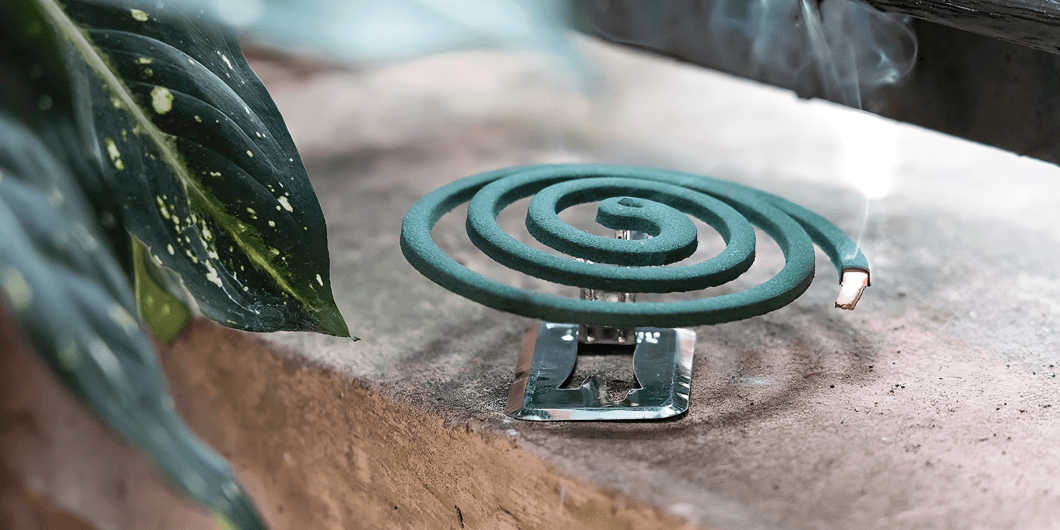
“
Understanding how to avoid mosquito-borne diseases is vital for staying healthy, especially in warm and rainy seasons when mosquito activity increases. These insects carry serious illnesses like malaria, dengue, Zika, and chikungunya. Prevent bites, remove standing water, and seek medical help if symptoms appear.1
1
”
A tropical disease doctor recommends wearing light-colored, full-sleeved clothing during mosquito season to reduce skin exposure and lower the risk of bites from disease-carrying mosquitoes. 1
Mosquitoes are most active during dusk and dawn, so staying indoors or using repellents during these times can drastically lower your chances of mosquito bites that may lead to disease. 2
Eliminate standing water around your home—flowerpots, gutters, and birdbaths act as ideal breeding sites for mosquitoes, especially in humid conditions and after rains. 3

Use mosquito nets while sleeping, particularly in areas with high malaria risk. These nets create a physical barrier and are especially helpful in rural or tropical regions.
Install mesh screens on doors and windows to block mosquito entry without shutting off ventilation. Screens are cost-effective, low-maintenance, and significantly reduce indoor bites. 4
Apply EPA-approved insect repellents containing DEET, picaridin, or oil of lemon eucalyptus to exposed skin, and reapply as directed to ensure lasting protection outdoors. 5
Avoid strong scents like floral perfumes or fragrant lotions that can attract mosquitoes. Unscented personal care products are safer choices in areas with a high mosquito presence. 6
Wear closed-toe shoes and socks, especially outdoors during evening hours. Mosquitoes often bite around the ankles and feet, where the skin is exposed and frequently missed. 7
Keep your house cool and dry. Mosquitoes thrive in humid environments, so using dehumidifiers and air conditioners can make indoor spaces less hospitable to them. 8

Trim bushes and maintain your garden regularly. Overgrown vegetation creates cool, shaded environments that serve as resting spots for mosquitoes during the day.
If traveling to a region with a history of mosquito-borne outbreaks, consult your doctor about preventive medications, such as antimalarials or dengue-specific advice. 9
Dispose of trash and unused containers where water can collect. Even bottle caps or plastic wrappers can hold enough water for mosquitoes to lay eggs. 10
Essential oils like citronella and lavender have been shown to offer some natural repellent effects. While not as strong as chemical repellents, they’re a gentle alternative indoors. 11
Educate children about not playing near puddles, stagnant ditches, or waterlogged areas where mosquitoes breed—early awareness helps develop lifelong prevention habits. 12
Clean pet water bowls daily to prevent them from becoming breeding grounds. Mosquitoes can lay eggs in as little as a tablespoon of stagnant water. 13

Use outdoor mosquito-repellent coils or candles during picnics or garden gatherings. They can create a localized shield that deters mosquitoes for a limited time.
Community action—like fogging programs and awareness drives—helps curb large-scale outbreaks by targeting mosquito populations at a broader level with shared responsibility. 14
Mosquito-borne diseases like chikungunya and Zika can have long-term complications. Early symptoms, such as joint pain or rashes, should be taken seriously and diagnosed early. 15
Vaccines are in development for diseases like Zika and dengue, but until widely available, personal protection and environmental control remain your best defense strategies. 16
According to public health philosophers, disease prevention is a collective moral responsibility. Simple acts like sharing repellents or reporting mosquito breeding help protect everyone. 17


